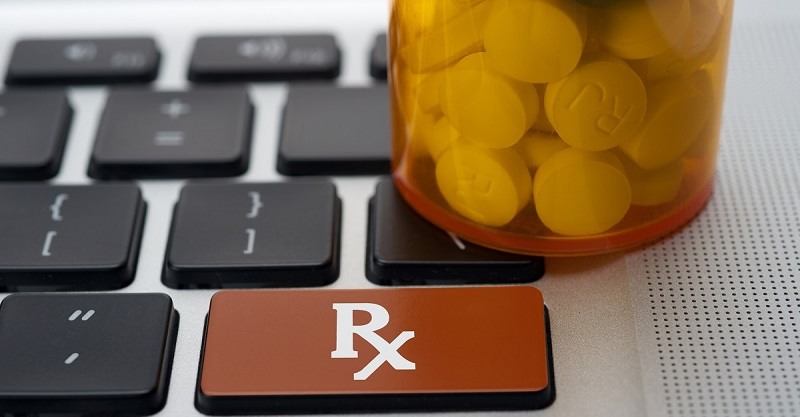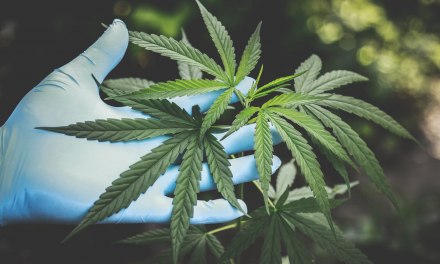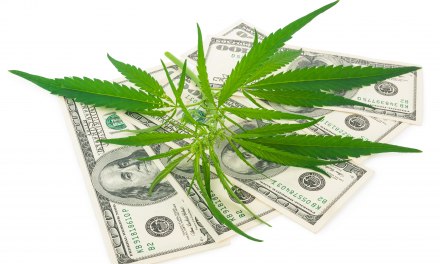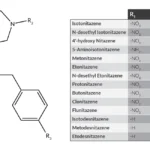We’re accustomed by now to reading medical examiner’s reports about overdoses that involved a number of different substances instead of just the usual one or two. For instance, this particular combination showed up in one recent report: “fentanyl, bromazolam, alprazolam, 7-aminoclonazepam, ketamine, and cocaine.”
Fentanyl I’m familiar with. Likewise cocaine and ketamine, even clonazepam. But what in the world is bromazolam?
As it turns out, it’s another benzodiazepine, one that has never been approved for any legitimate medical use, but is nevertheless apparently readily available online – along with a host of even less familiar sedatives, categorized as ‘new psychoactive substances’, or NPS. As many as fifty of these NPS designer drugs have been found to date. That sounds like a lot until we realize the potential for hundreds more to appear in future.
Bromazolam, for example, is known to be quite toxic, particularly in combination with certain other substances. Here’s a Canadian Broadcasting piece on the subject:
Deadly drug just ‘a click away,’ warns grieving Ontario family
I can think of two ways that substances such as these could show up in someone’s system following a fatal overdose. First, the user didn’t realize they were present. They’d been added to something else by an outlaw chemist looking for a cheap way to enhance the potency of the product, and thus attract more customers.
Or it may be that the user was aware of the presence of unfamiliar substances, but chose to use it anyway, in hopes of an enhanced experience. That’s far from unheard of. It may not be easy for the rest of us to grasp how “potentially fatal” could be a selling point, but it is.
Online, NPS may be sold as a ‘legal’ alternative to the hassle involved in getting something that requires a prescription. The legality is questionable, but rules around internet sales can be extremely difficult to enforce, so customers (and dealers) figure they’ll get away with it.
One parent whose son recently died of an overdose involving Bromazolam warns: “The drug dealers are online. They’re not just at a party, they’re not just at school. Your kid can be the perfect kid, never leaves the home, and he can still be a drug addict, because he can order it [online] just like candy and it comes right to your door.”
Right now, the best weapon we have at our disposal is public information campaigns to alert users, or at least their parents, to the dangers involved. We could pass laws more strictly regulating online sales and marketing, although the movement to do so seems to have stalled in the US.
This would be a good time to revive it.













